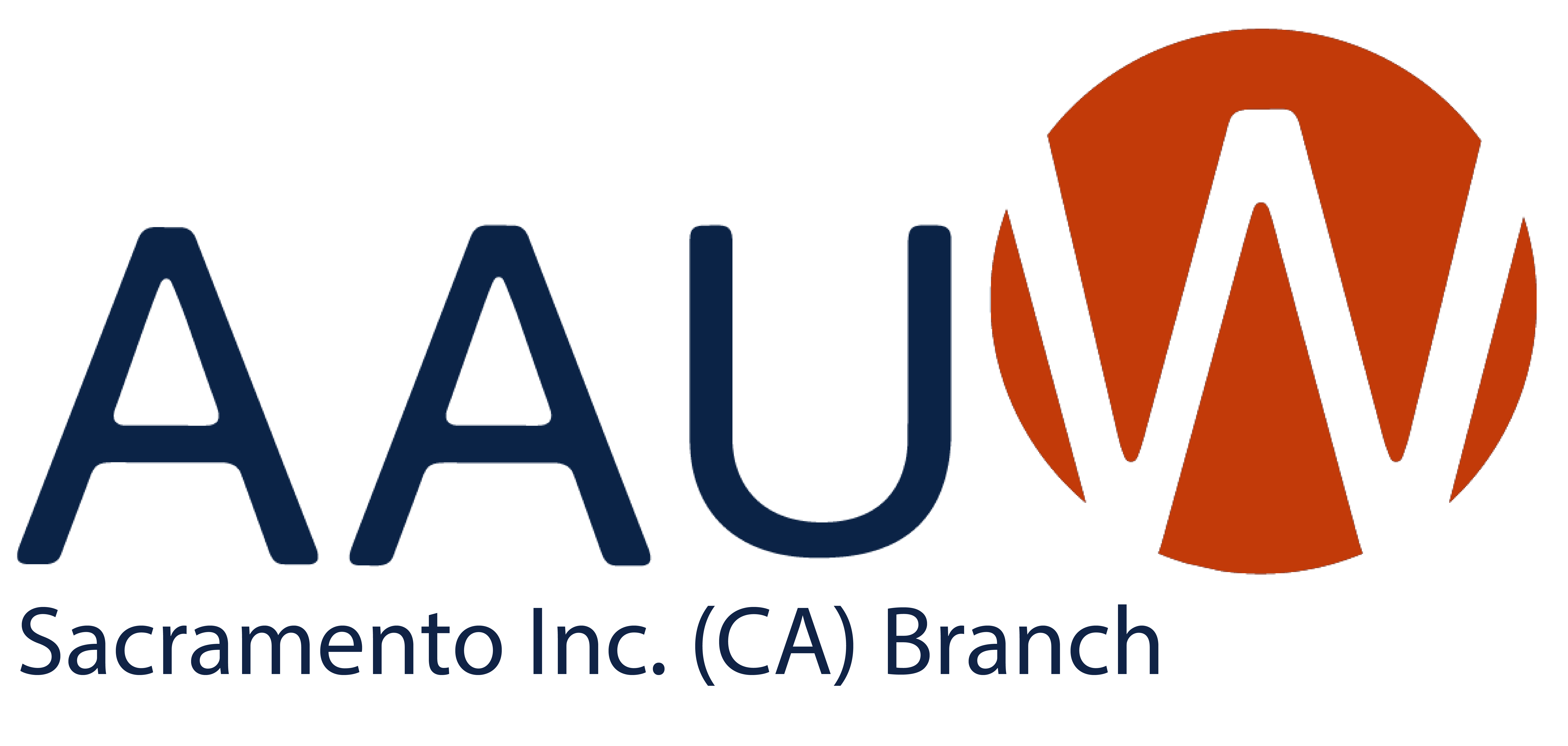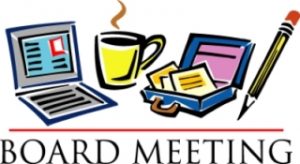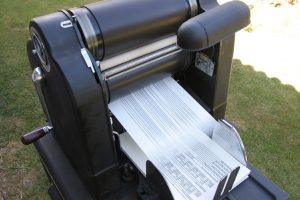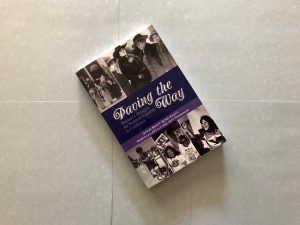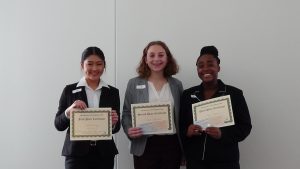March Primary
As of this newsletter, the Presidential Primary Election will have been held in California on March 3 (much earlier than the previous June primary dates in 2012 and 2016). The election determined presidential nominees, congressional and state legislative races, one statewide ballot measure, and local ballot measures. You can find your polling place here for future reference.
Ballot note: Proposition 13 on the March ballot created some confusion among voters. It has the same number as Proposition 13 of 1978 but has nothing to do with the well-known constitutional amendment on property taxes. It instead is a request to authorize bonds to pay for school infrastructure. Separately, in November, voters will vote on a request by state leaders to modify Proposition 13 of 1978.
Equal Pay Day
Equal Pay Day will be recognized on March 31 this year, a whole week earlier than the past three years. But the bad news is the gap still exists. Consider tabling on a local campus to raise awareness among college students, or host a Cocktails & Convos evening at a local wine bar to get a dialogue going in your community. Click HERE for all the information you need on the Gender Pay Gap.
Public Policy Featured in March Branch Meeting
Want to know more about public policies affecting women in California? Come to the March 25 Branch meeting for a presentation by the California Budget and Policy Center to hear about the state’s paid family leave efforts and other indicators of women’s well being.
You’ve Come a Long Way Baby…But You’re Not There Yet!
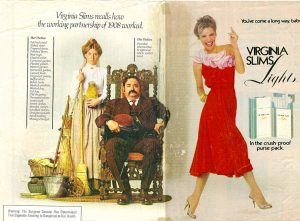 Perhaps many of you will recall the Virginia Slims advertising slogan from the late ’60s, “You’ve come a long way, Baby.” This slogan aptly fits the rise of the feminist movement in America, which most of us agree, dates back to the Seneca Falls, N.Y., convention in July 1848.
Perhaps many of you will recall the Virginia Slims advertising slogan from the late ’60s, “You’ve come a long way, Baby.” This slogan aptly fits the rise of the feminist movement in America, which most of us agree, dates back to the Seneca Falls, N.Y., convention in July 1848.
Aug. 26, 2020, will mark the 100th anniversary of the passage of the 19th Amendment to the U.S. Constitution, the culmination of the Women’s Suffrage Movement. It took over seven decades for a woman’s right to vote to be guaranteed as the law of the land.
Since then, we have seen successive waves of the Women’s Rights movement. Activists in the 1960s and ’70s sought equal rights and opportunities along with greater personal freedom for women, similar to the goals of the suffragists, the first wave of feminism. But this second wave of feminism also encompassed every area of women’s experience – including politics, work, the family and sexuality. Major legislative victories were accomplished during this period: the Equal Pay Act, Title VII of the Civil Rights Act, legalization of birth control for married and unmarried couples, Title X Family Planning Program, Title IX, the Roe v. Wade decision, and passage of the Equal Rights Amendment.
Third-wave feminists sought to question, reclaim, and redefine the ideas, words, and media that have transmitted ideas about gender, gender roles, womanhood, beauty, and sexuality, among other things; while fourth-wave feminism refers to a “resurgence of interest in feminism that began around 2012 and is associated with the use of social media.” The focus has been on justice for women and opposition to sexual harassment and violence against women. The movement is “defined by technology,” according to a British feminist, and “is characterized by [social media tools] that challenge misogyny and further gender equality.” Issues in the forefront include street and workplace harassment, campus sexual assault and rape culture. Scandals involving the harassment, abuse, and murder of women and girls have kickstarted movements such as the “Me Too” Movement.
Where will feminism go from here? We’ve still got our work cut out for us as well as some unfinished business – namely the ratification of the Equal Rights Amendment, which has now obtained approval by the requisite 38 states and faces court challenges or perhaps a legislative solution; and the ratification by the U.S. Senate of the Convention on the Elimination of all Forms of Discrimination Against Women (CEDAW), the international bill of rights adopted by the United Nations in 1979. AAUW has played a notable role in all these waves of feminism, and I am sure we will continue to do so as we strive for social and economic justice – because we’re not there yet.
Ginny Hatfield, AAUW-CA Public Policy Committee
